Scientists Say
A weekly word defined, in a sentence and in context.
-
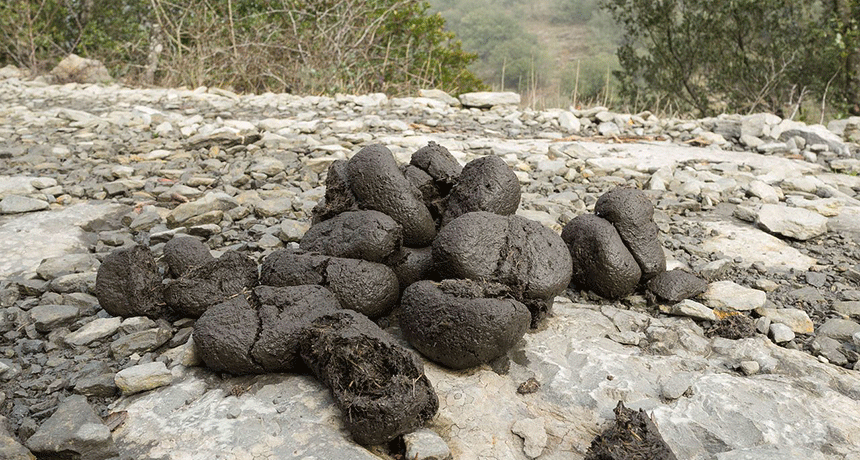 Animals
AnimalsScientists Say: Dung
This word is used to refer to animal poop. You know, manure. Crap. Feces.
-
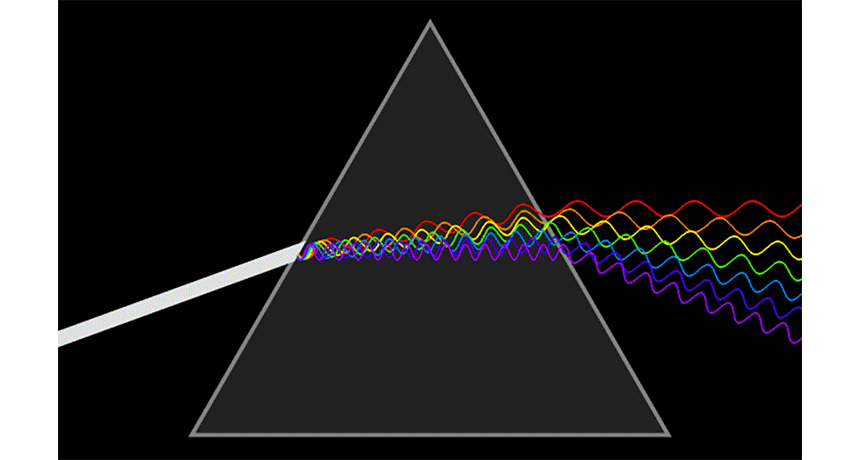 Physics
PhysicsScientists Say: Refraction
Light or sound may bend as it travels from one medium, such as air, to another, such as water. This bending is called refraction.
-
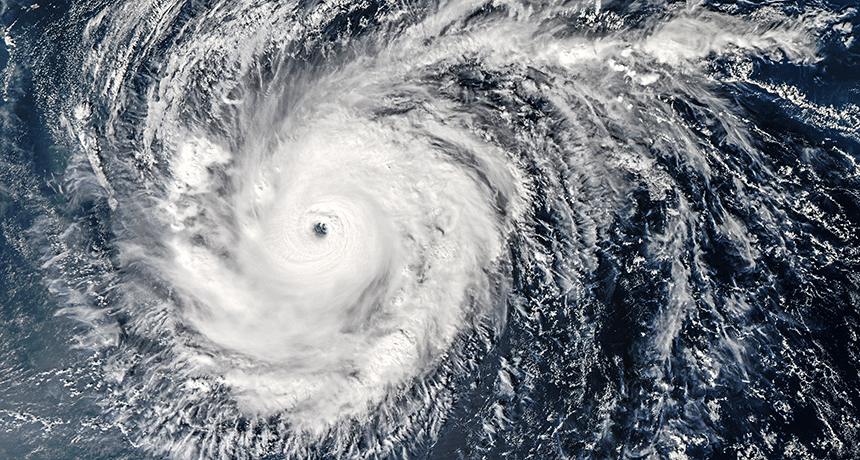 Climate
ClimateScientists Say: Weather bomb
Weather doesn’t just affect the air. Huge storms can send waves of pressure through the Earth as well.
-
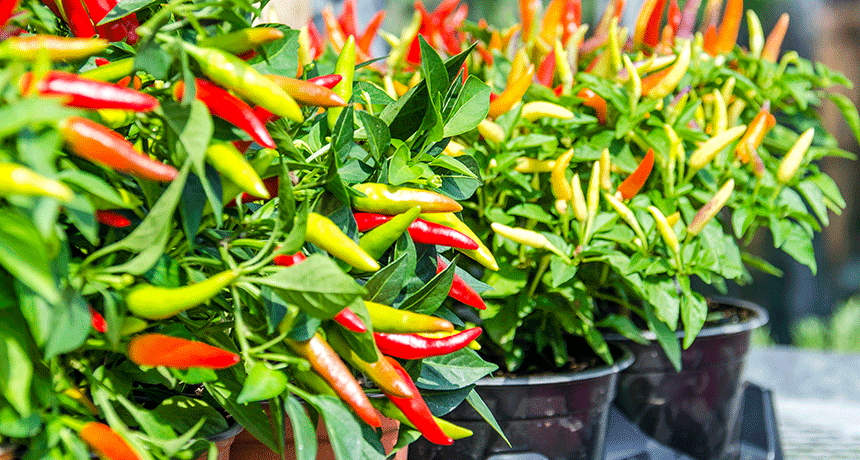 Chemistry
ChemistryScientists Say: Capsaicin
This chemical is produced by pepper plants and gives them their hot flavor.
-
 Chemistry
ChemistryScientists Say: Graphene
This is a single layer of carbon atoms, linked to each other in a flat sheet. It’s super strong, super flexible and conducts current, too.
-
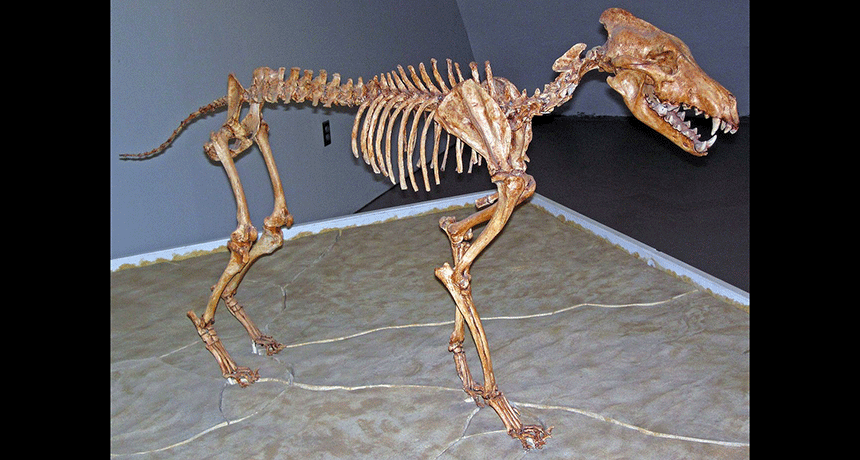 Animals
AnimalsScientists Say: Dire wolf
Dire wolves are an extinct species of wolf that roamed North America from about 300,000 to 12,000 years ago.
-
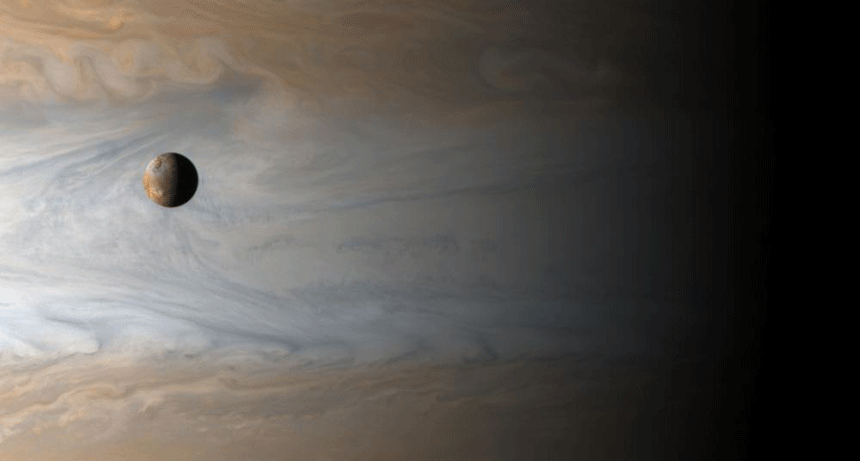 Space
SpaceScientists Say: Transit
When an object in space passes in front of a star and looks big enough to block out all the light, it’s an eclipse. When it’s smaller, it’s called a transit.
-
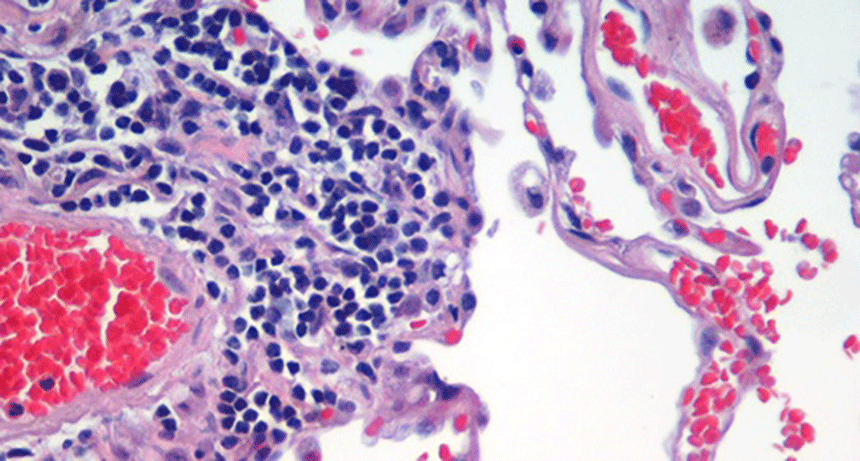 Life
LifeScientists Say: Histology
When scientists study the parts of an animal or plant, they are studying anatomy. When they need a microscope to see the details of that anatomy, they are studying histology.
-
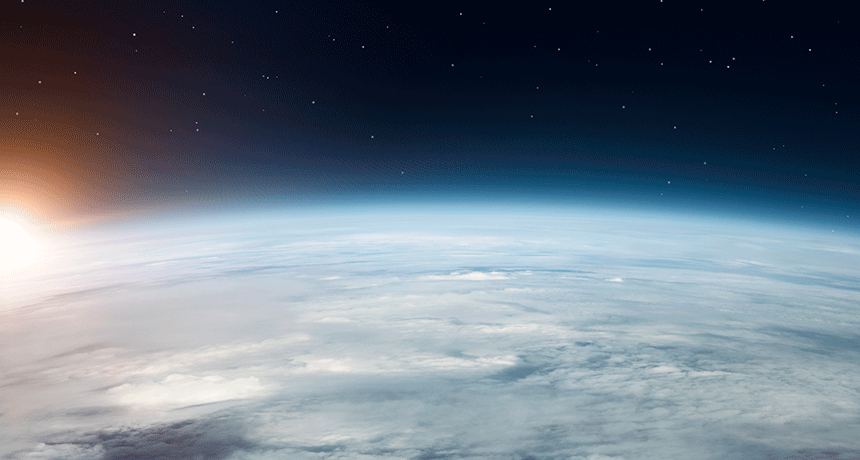 Earth
EarthScientists Say: Ozone
Ozone is a molecule made of three oxygen atoms. In a layer above the Earth, it protects us from harmful radiation, but too close to home, it can harm our health.
-
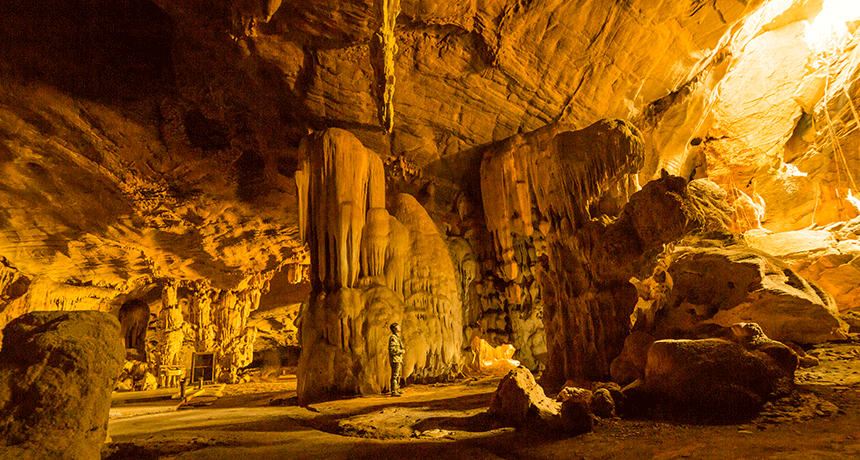 Earth
EarthScientists Say: Speleology
This is the scientific study of caves, which can include what they’re made of, how they form and what lives in them.
-
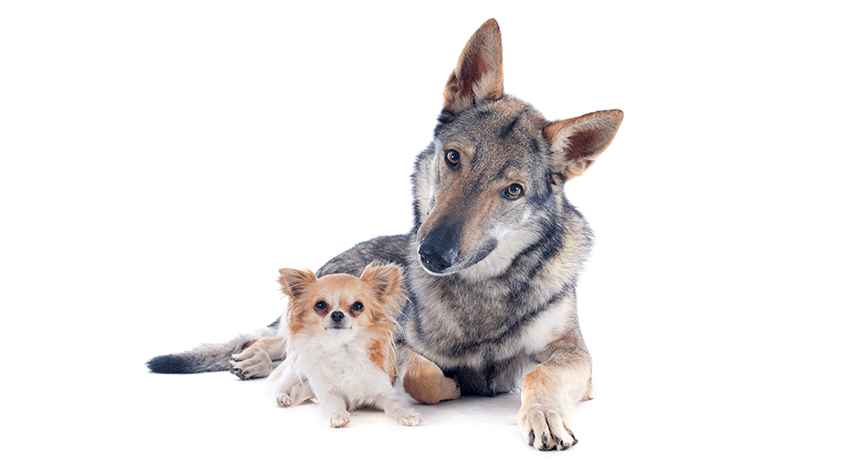 Agriculture
AgricultureScientists Say: Domestication
Domestication is the process of deliberately taking a wild organism — a plant or animal for instance — and making it a part of our daily lives.
-
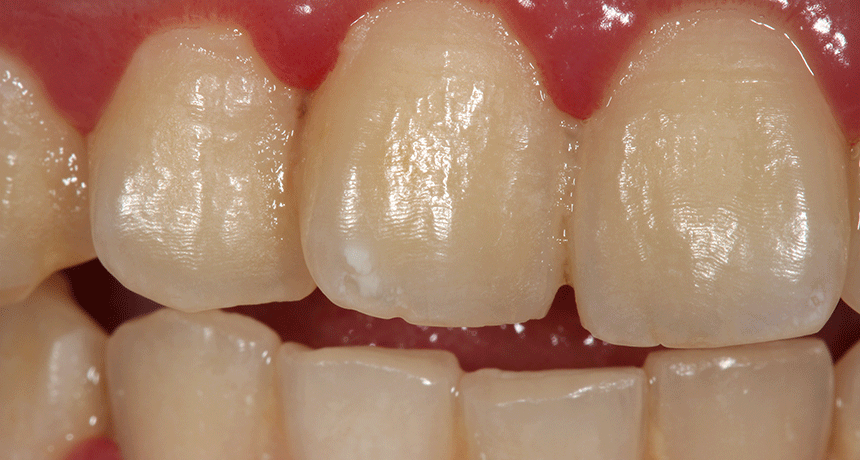 Microbes
MicrobesScientists Say: Biofilm
When times get tough, some microbes like to stick together. They form a mass stuck to a surface, called a biofilm.